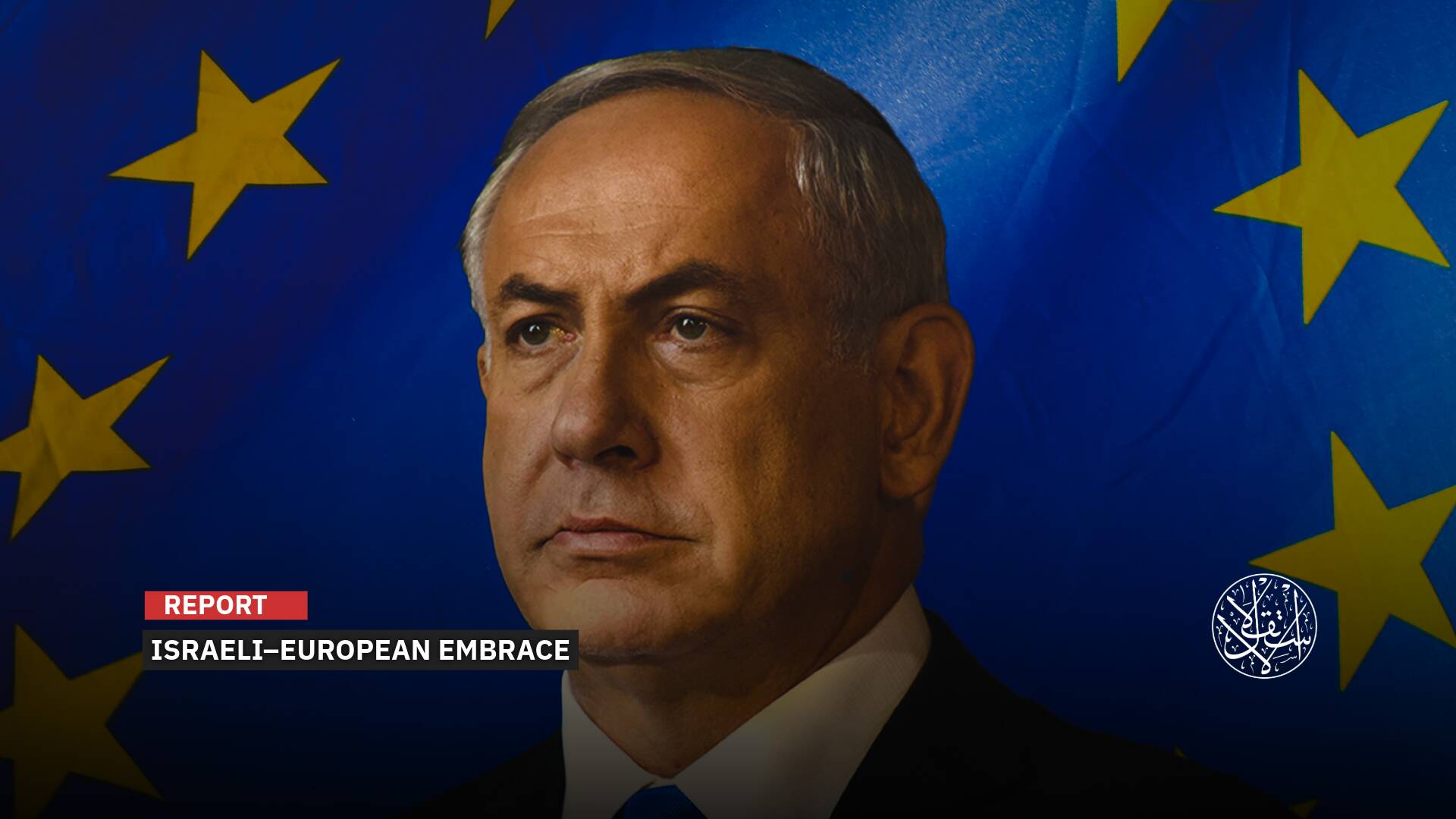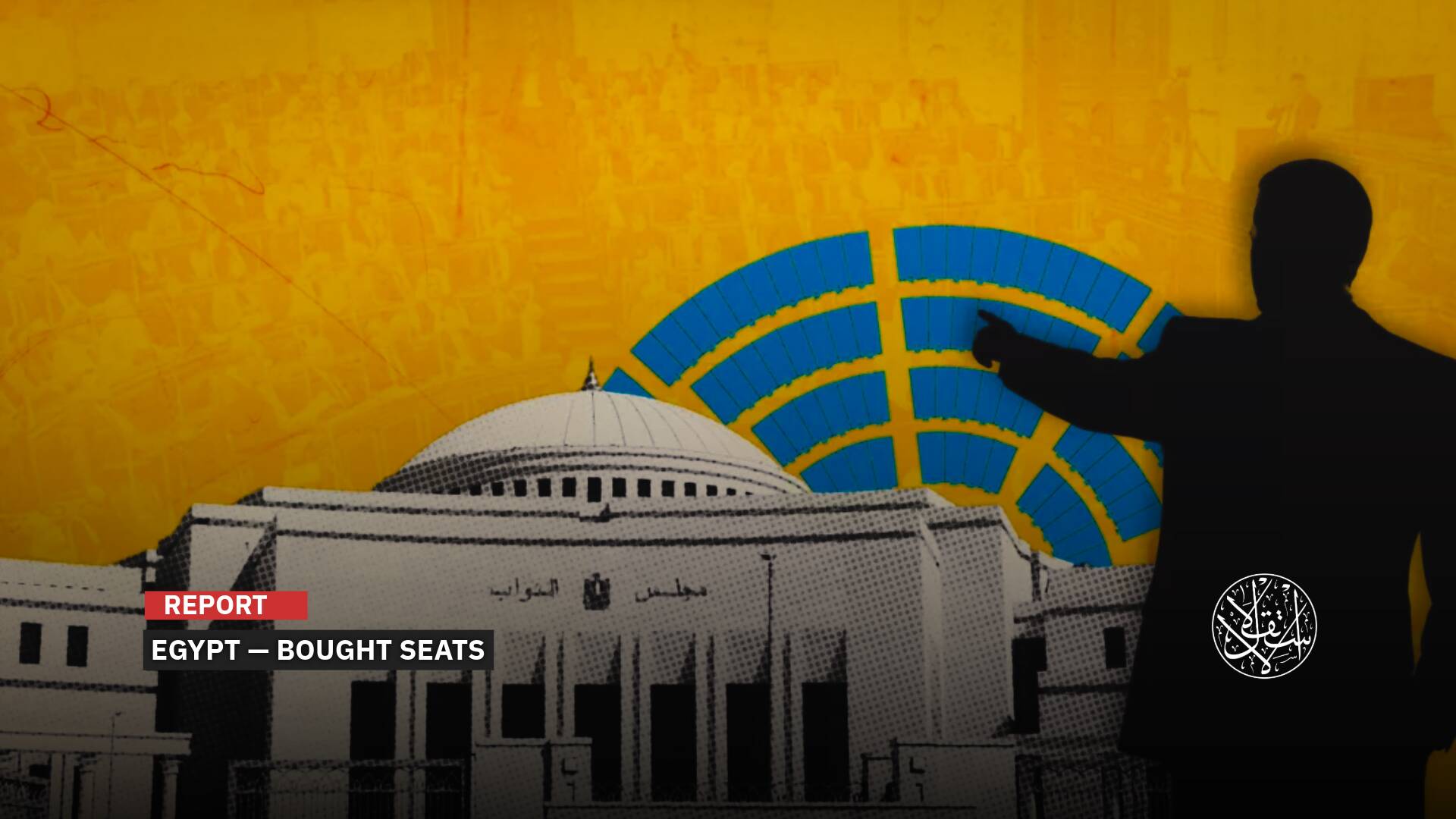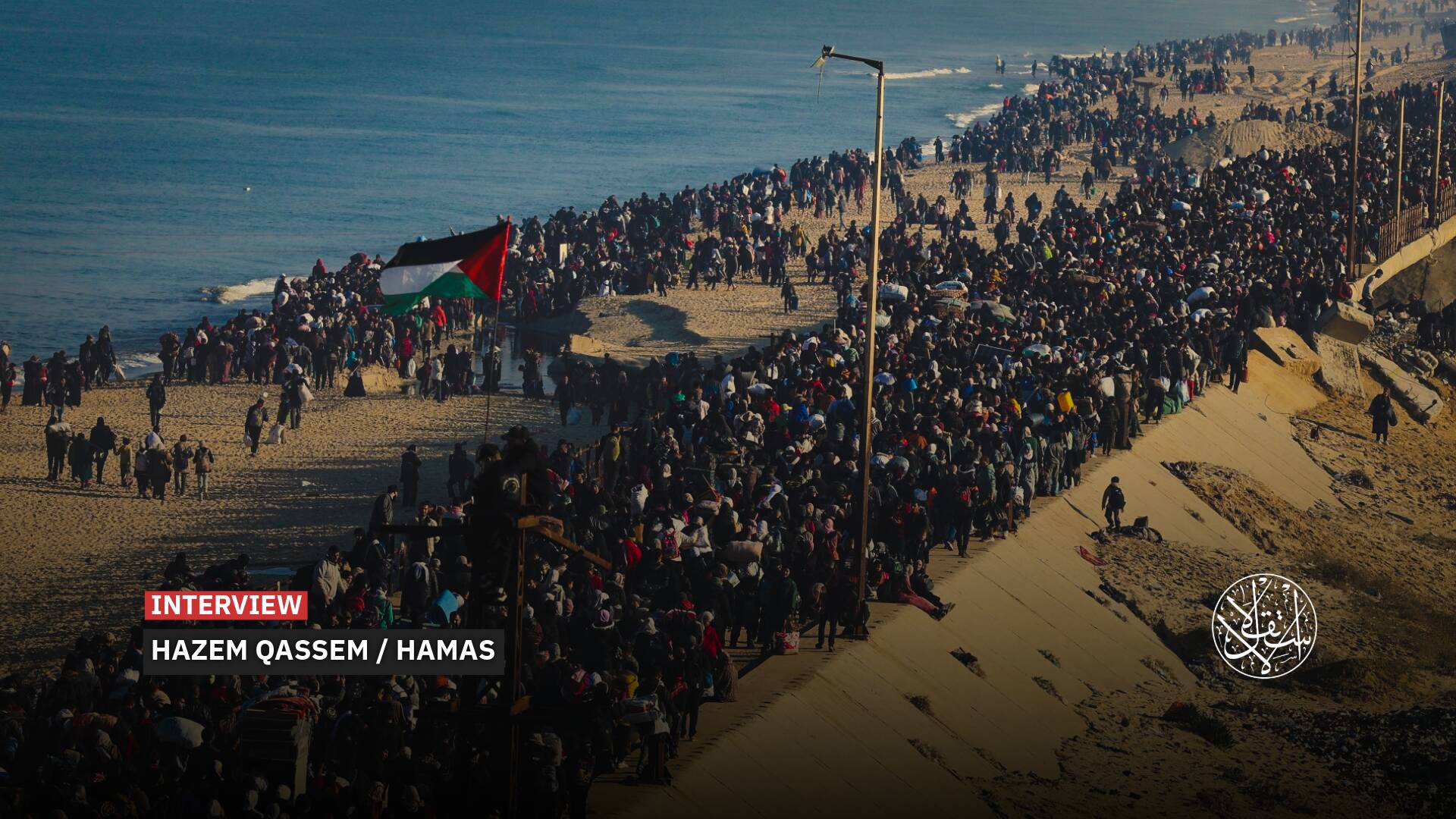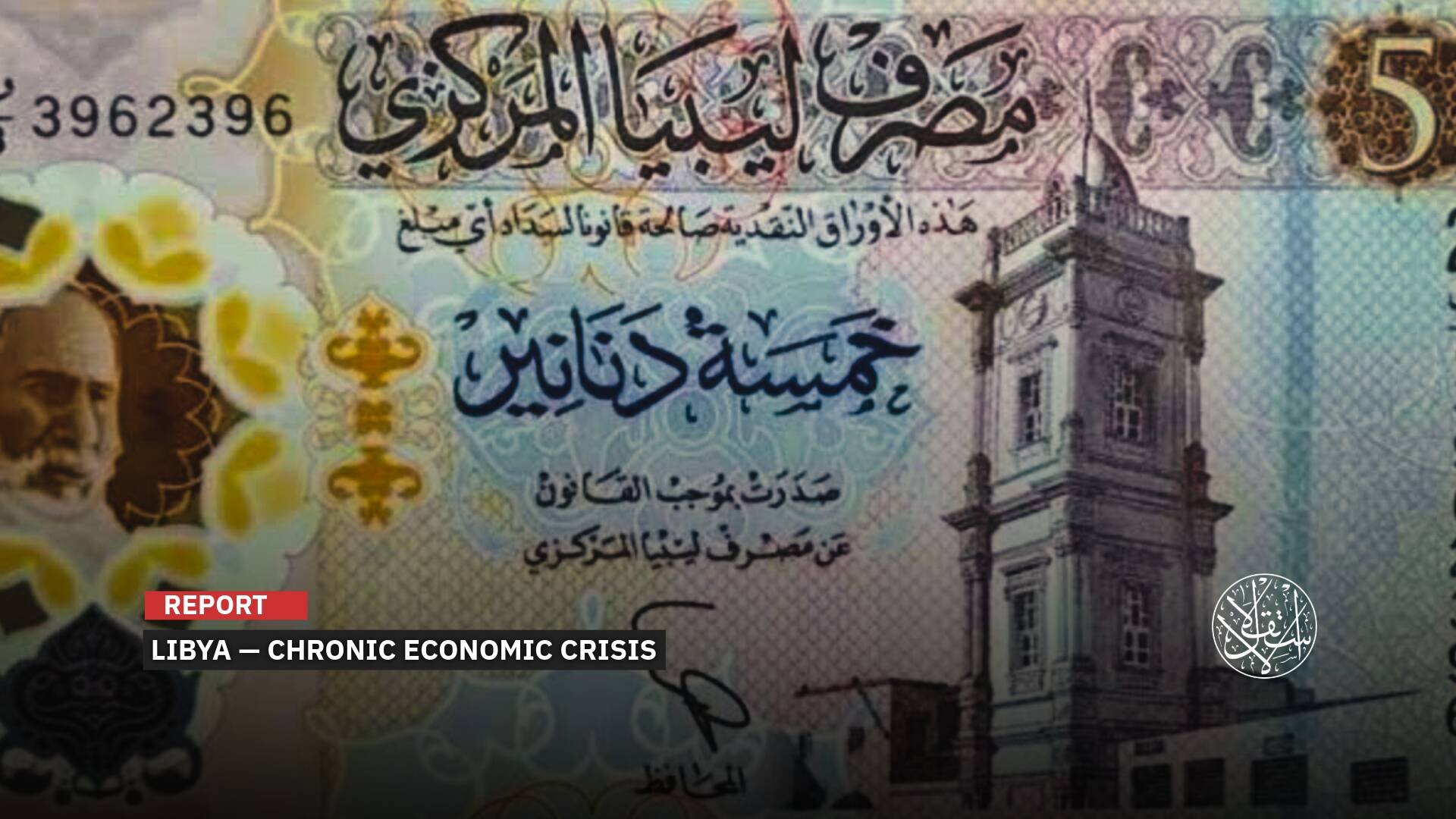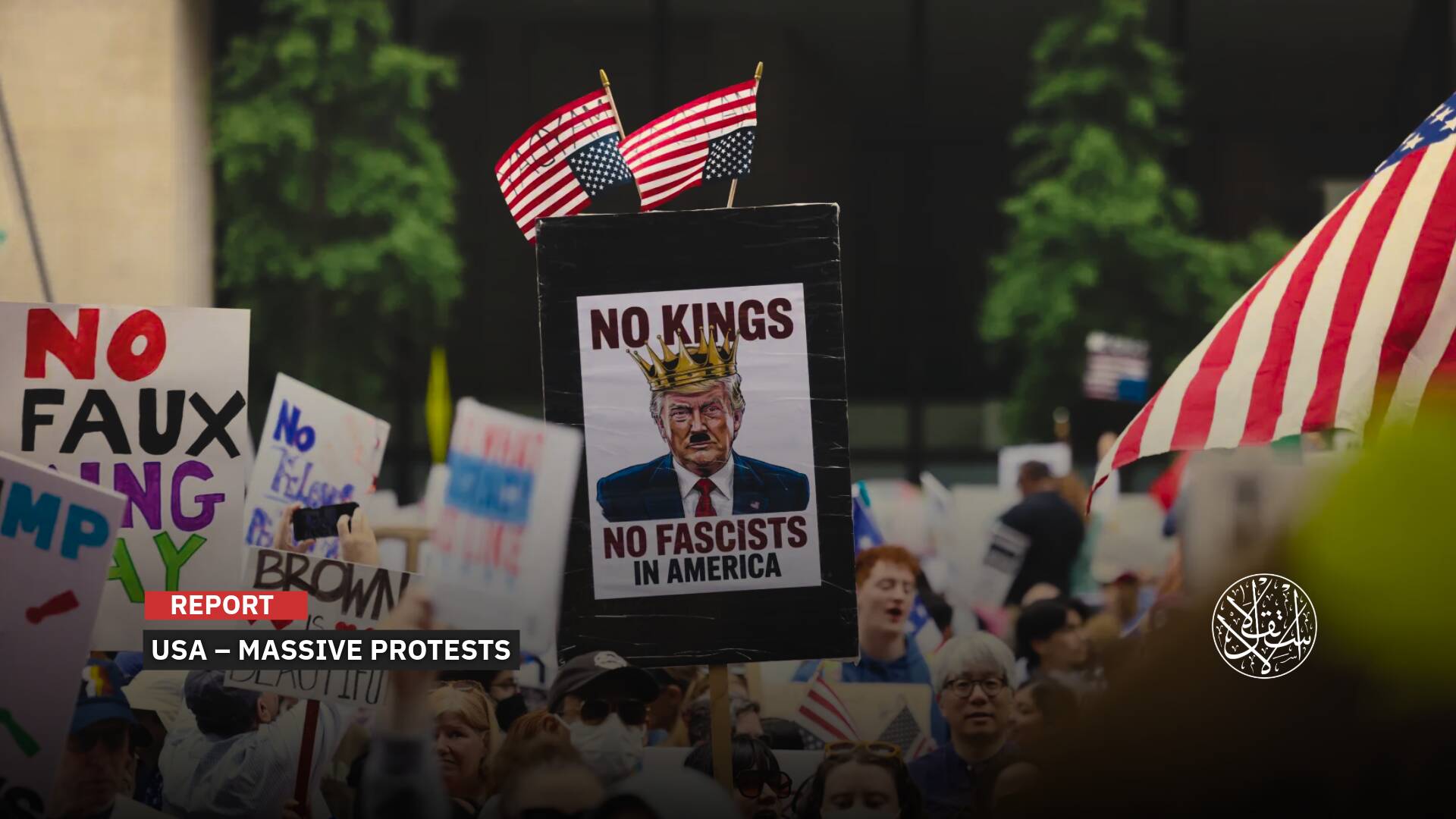After Squandering the Wealth of Egypt, Kushner Exposes How Sisi Gave up Palestinian Lands

A strong earthquake was caused by Jared Kushner, son-in-law and advisor to former US President Donald Trump, through his shocking memoirs that came to light on August 22, 2022, in a book entitled Breaking History: A White House Memoir.
That book, which contained 500 pages, sparked controversy for the publication of sensitive information related to the leaders of many countries in the region, led by the head of the Egyptian regime, Abdel Fattah el-Sisi.
Kushner referred to an unusual call that occurred years ago between Sisi and the Trump team, who had just won the battle for the presidency and was preparing to lead the White House on January 20, 2017.
At the time, Sisi was dealing with a new American president, and he wanted to remove the tensions that occurred during the era of former President Barack Obama (2009-2017), so he made crude and unexpected concessions to the Palestinian people and their cause, as Kushner reported.
Sisi, who squandered Egypt's soil and wealth, turned his back on "Israel" from the first moments of his rule and decided to turn a blind eye to the Israeli settlement of Palestinian lands and recognize the city of al-Quds (Jerusalem) as the capital of the Israeli Occupation.
Kushner's Plan
In his book, Kushner quoted an interview he had with Israeli–American political advisor Ron Dermer, Israel's current ambassador to the United States.
During the dialogue, Dermer said that "at the headquarters of the United Nations, several countries, led by Egypt, were preparing to present a resolution to denounce the Israeli judicial claims in the West Bank [to build Israeli settlements] as illegitimate and a flagrant violation of international law."
Kushner added, "Dermer was hearing that the Obama administration intended to abstain from voting, and this abstention would be an unprecedented abandonment of Israel, as it would threaten our future efforts to achieve peace by tilting negotiations toward the Palestinians and discouraging them from negotiating directly with the Israelis."
Here the son-in-law of the American president began formulating his plan to stop this entire process by making it clear that Trump opposes this decision.
Kushner's first obstacle was that the president-elect rarely commented on the policy of the outgoing president because it is against the rules and protocol of the White House.
But Kushner pushed Trump to do so, and the new US president (at the time) agreed that it was worth breaking protocol on an issue of this importance.
Indeed, Kushner reported, "Working with David Friedman and Jason Greenblatt, our top campaign liaisons with the pro-Israel and pro-Jewish community, we drafted a statement, which Trump edited and pushed onto Twitter and Facebook on December 22, 2016."
"Peace between the Israelis and the Palestinians will only be achieved through direct negotiations between the two parties and not through the imposition of conditions by the United Nations. This puts Israel in a very bad negotiating position, and it is very unfair to all Israelis," Trump said in his statement.
Trump's words were a net that would hunt Arab leaders and anyone who has the desire to cooperate with the new US administration in a way that agrees with "Israel" and abandons the historical rights of the Palestinian people.

Sisi's Fall
Sisi was the first to rush in, according to Kushner, who called the day after Trump's statement (on December 23, 2016), to inform them that the Egyptian diplomatic team at the United Nations was not working under his supervision and that Egypt would rescind the decision to condemn Israeli settlement construction.
Kushner commented in his book on Sisi's shameful fall: "For a moment, it looked like we succeeded, and we really had an impact."
This is precisely what the New York Times reported, in its report published on December 22, 2016, entitled Trump Pressures Obama Over UN Resolution on Israeli Settlements.
The newspaper reported that "Trump spoke after Israeli officials called his team to help block the Egyptian-sponsored draft resolution condemning the construction of settlements in the West Bank."
"Within two hours, Egypt withdrew the decision, and its president, Abdel Fattah el-Sisi, called Trump to discuss how to bring real peace to the Middle East, according to one of the president-elect's aides (whose advice was Jared Kushner)," it said.
Indeed, on December 24, 2016, Egypt officially withdrew its draft resolution against Israeli settlements in the UN Security Council under the pretext that it was seeking more time to ensure that the veto was not used against it.
At the time, Cairo was subjected to sharp criticism for withdrawing the draft resolution it had previously voted for. The Egyptian regime was further embarrassed by the fact that New Zealand, Senegal, Malaysia, and Venezuela adhered to condemning "Israel," while Sisi withdrew from the confrontation.

Strategic Treasure
Commenting on this scandal, political researcher Khaled Abu al-Yazid described Sisi as a real strategic treasure for "Israel" and that he is the most undisputed Egyptian president who provided services to the Israeli Occupation.
Abu al-Yazid added to Al-Estiklal that "Jared Kushner's memoirs do not come as a surprise to the Palestinians who live under the restrictions and siege caused by Sisi and his regime alongside the aggression of the Occupation, because had it not been for the terrible political and field pressure on the Rafah crossing and the Gaza Strip, what happened to millions of Palestinians would not have happened."
"Since 2014, Sisi and his regime have carried out an unprecedented operation of pressure on the Palestinian factions, reaching the borders, demolishing tunnels, and cutting off the lifelines of the Strip. I remember at the time that the Egyptian media was threatening Gaza with bombing and attack," he stated.
"The matter here is like a game of cards. Sisi knows from the first moments of his rule that the consolidation of his rule is related to his strong relationship with Israel and that it is his gateway to Europe and the US," Abu al-Yazid said.
"That is why Trump considered Sisi to be his favorite dictator and the best implementer of his will in the Arab region," he added.
"Sisi has never known support for Palestine and its people, but rather used it as a pressure card in front of Washington, and the difference between him and national leaders such as the late Dr. Mohamed Morsi," he stressed.

Normalization Paths
Despite the insult to Egypt from these leaks, especially since it has been over the past decades the largest regional power in the Middle East, especially in defending the Palestinian cause, what was mentioned in Kushner's memoirs is in line with Sisi's paths since he officially rose to power in 2014.
Since the military coup on July 3, 2013, the Sisi regime has tended to further consolidate relations with "Tel Aviv" and held many talks with it. Rather, normalization reached military coordination between the two sides in Sinai.
On November 20, 2014, Sisi announced in an interview with France 24 that he would not allow Sinai to constitute a background area to threaten the Israeli Occupation's security. Thus, this coordination was in the context of Sisi's consolidation of his relations with the Zionist entity.
"Israel" has always been the focus of Sisi's exit from the text, in his speeches over the years before the UN General Assembly, where he addressed many friendly messages to the leadership and the people.
Sisi's messages were indicative of his methodology in changing the essence of the Arab–Israeli conflict, his tendency towards deeper normalization, and directing him toward different enemies, whether from his own people or from other countries opposed to his coup and his tyrannical policy or against the Palestinians themselves.
In September 2017, Sisi said during his speech at the UN, speaking to the Israelis: "We have had in Egypt a wonderful and great experience of peace with you for 40 years. We can repeat that wonderful experience, and the security of the Israeli citizen will be side by side with the Palestinian."
Then, the hall erupted with applause from Sisi's speech, which drew the attention of the Israeli Occupation's delegate to the UN and seemed satisfied with the head of the Egyptian regime.

Ostensibly Condemnation
However, the most exciting episode in the march of Sisi and Palestine came with Trump's announcement of accepting Jerusalem as the capital of the Israeli Occupation, a decision that ignited anger in the Arab and Islamic world.
At that time, the Egyptian Foreign Ministry ostensibly announced that it was against the decision and condemned it until the leaks from the New York Times came in January 2018.
It published an audio leak revealing that Abdel Fattah el-Sisi accepted Washington's decision to consider Jerusalem as the capital of "Israel" and to move its embassy there.
The newspaper reported that an Egyptian intelligence officer named Ashraf el-Khouly phoned the presenters of a number of influential talk shows in Egypt and told them, "Cairo, like all of its Arab brothers, ostensibly condemns Trump's decision in the matter of Jerusalem."
"However, what is important for Egypt is to end the suffering of the Palestinians through a political solution, which is to take Ramallah as the capital of Palestine instead of Jerusalem," he added.
The newspaper added that "the Egyptian officer asked the presenters to convince viewers to accept Trump's decision instead of condemning it, stressing that the conflict with Israel is not in Egypt's national interest."
Immediately after that, on January 21, 2018, US Vice President Mike Pence revealed that Sisi, whom he met during his visit to Cairo, described Trump's decision regarding Jerusalem as a dispute between friends.


